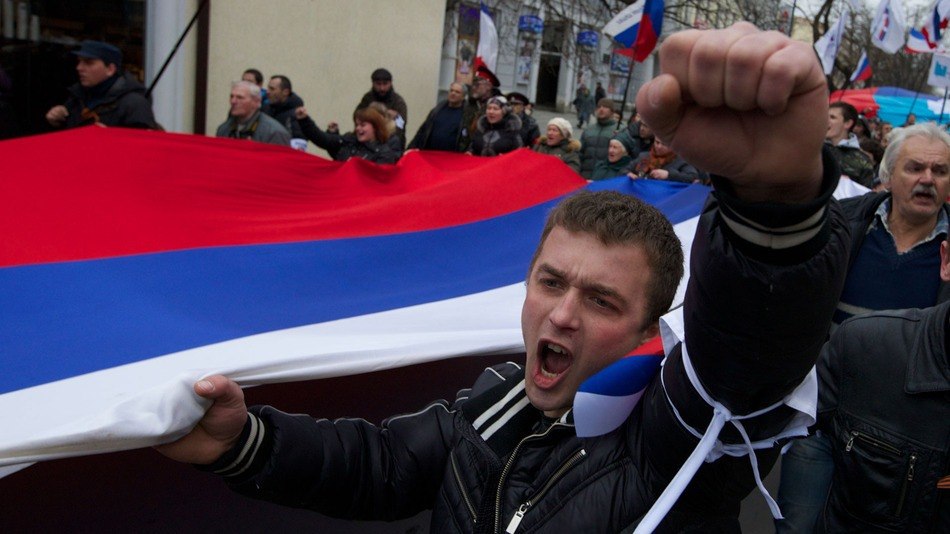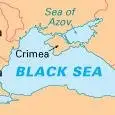(Washington Post) Is nationalism what really drives Russian politics? Many politicians and political scientists (including, for example, Arseniy Yatsenyuk and Zbigniew Brzezinski) argue that the 2014 annexation of Crimea showed President Vladimir Putin’s desire to construct the “Soviet Union 2.0” — and direct global affairs once more. Nationalism has been used to explain everything from Russia’s intervention in Syria, Russia’s unusually large number of hate crimes and the regime’s rush to host sporting mega-events such as the 2014 Sochi Winter Olympics and the 2018 World Cup.
Understanding nationalist sentiment in Russia — and how it might direct the country’s future foreign policy decisions — prompted the Research Council of Norway to fund a three-year research project. The Nation-building and Nationalism in Today’s Russia (NEORUSS) study analyzed surveys conducted in 2013 by the Russian polling agency Romir. National surveys polled Russians’ views of nationalism and national identity. Romir also conducted surveys in Moscow, Vladivostok and the southern cities of Krasnodar and Stavropol. Some of the surveys were then replicated in 2014, post-Crimea. […]
…as Mikhail Alexseev and Henry Hale detail in Chapter 7 of the survey findings, Russians don’t seem interested in expanding Russia. Comparing the results of a national survey in May 2013 and November 2014, seven months after the official annexation of Crimea, national pride was high and increased slightly in the later survey. Yet the 2014 survey showed a marked decline in support for further territorial expansion…
Read More © Monkey Cage blog/Washington Post











